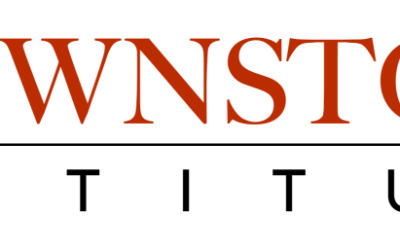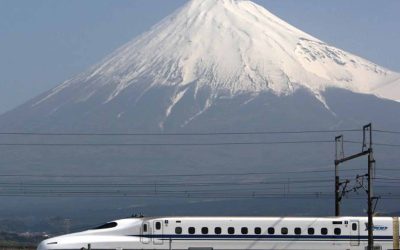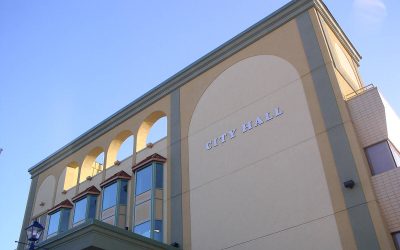The COVID-19 pandemic has had devastating effects on the already fragile Indigenous economy, making the Indigenous economic recovery that much more important.
Gaming – including Indigenous-owned casinos – plays a significant role in Indigenous economies, especially in the Western provinces.
The Assembly of First Nations (AMC) recently argued that the Manitoba government is acting outside its jurisdiction in imposing bans on smoking on Indigenous-owned casinos and VLT areas. Although there is a strong argument that general provincial laws can be applied on reserve lands, the actual larger issue is why Manitoba would choose to implement such a ban during a time when profitable ventures such as casinos and VLT areas would be hit during this time.
Of course they do not represent all Indigenous businesses, but Indigenous casinos bring in significant revenues for many First Nation communities and employ thousands of workers. In mid-May, it was noticed that casino closures were leading to massive layoffs among Indigenous workers. The loss of revenue was costing many Indigenous communities millions of dollars in lost revenues. Many First Nations also direct gaming revenues towards scholarships and other bursary funds to help with advanced education and training programs.
Many Indigenous-owned casinos also maintain gaming agreements where they donate portions of their slot revenues widely to as many First Nation communities as possible. Thus, there is a wide-ranging economic effect on many First Nations beyond the casino’s area.
Moreover, employment is not just about cold numbers on a ledger but represents households that have gainfully employed adults and often, less tension and desperation within the household. Indigenous people on reserves have higher rates of domestic strife and conflict, not to mention addictions that add to the volatile mix. Many observers are discovering the hidden emotional and psychological cost of the lockdown. For the sake of these families and communities, the best course is to open up these businesses safely and quickly.
Fortunately, Saskatchewan was able to lift COVID-19 pandemic restrictions earlier than other provinces due to the nature of the virus in that region. Thus, the Saskatchewan Indian Gaming Authority (SIGA) opened all seven of their casinos in early July as part of their Phase Four plan. However, due to public health guidelines, the casinos will operate at a reduced capacity for now.
There are currently five First Nations casinos operating in Alberta on reserve land. These Indigenous communities enter into an agreement with the Alberta Liquor and Gaming Commission to operate and there are rules surrounding distributing revenues. Casinos were allowed to re-open in mid-June in Alberta, subject to physical distancing rules, extra cleaning, and the use of masks.
Now, not all casinos and other gaming sites are open in all provinces, of course, given that each region is under a different opening strategy based on its individual experience of the pandemic. It is very relevant that casinos and other gaming places are high-volume, high-contact environments and it is important not to gamble with (no pun intended) people’s lives, especially the vulnerable.
However, if casino and other gaming places can be opened safely and prudently, then provinces should continue to maintain these sites. If proper safety guidelines are put in place it is really up to the clienteles of the various places that need to make a cost-benefit analysis. The elderly and other at-risk people must attend these places at their own peril. However, the best advice is that masks and frequent cleaning would minimize risks.
For many Indigenous communities, casinos and other gaming sites represent one of the most significant sources of revenue for their communities, as well as for steady employment.
Provincial governments need to work with Indigenous communities that have entered into gaming agreements to ensure that these sites all open up safely. As most provinces enter into the latter stages of the opening process, they need to consider the hidden costs of continued lockdown and ensure that Indigenous communities do not lag behind in the economic recovery.
Joseph Quesnel is a research associate with the Frontier Centre for Public Policy. www.fcpp.org



